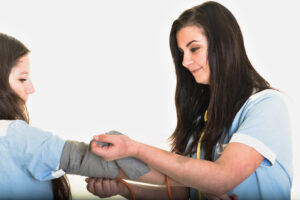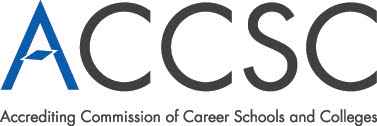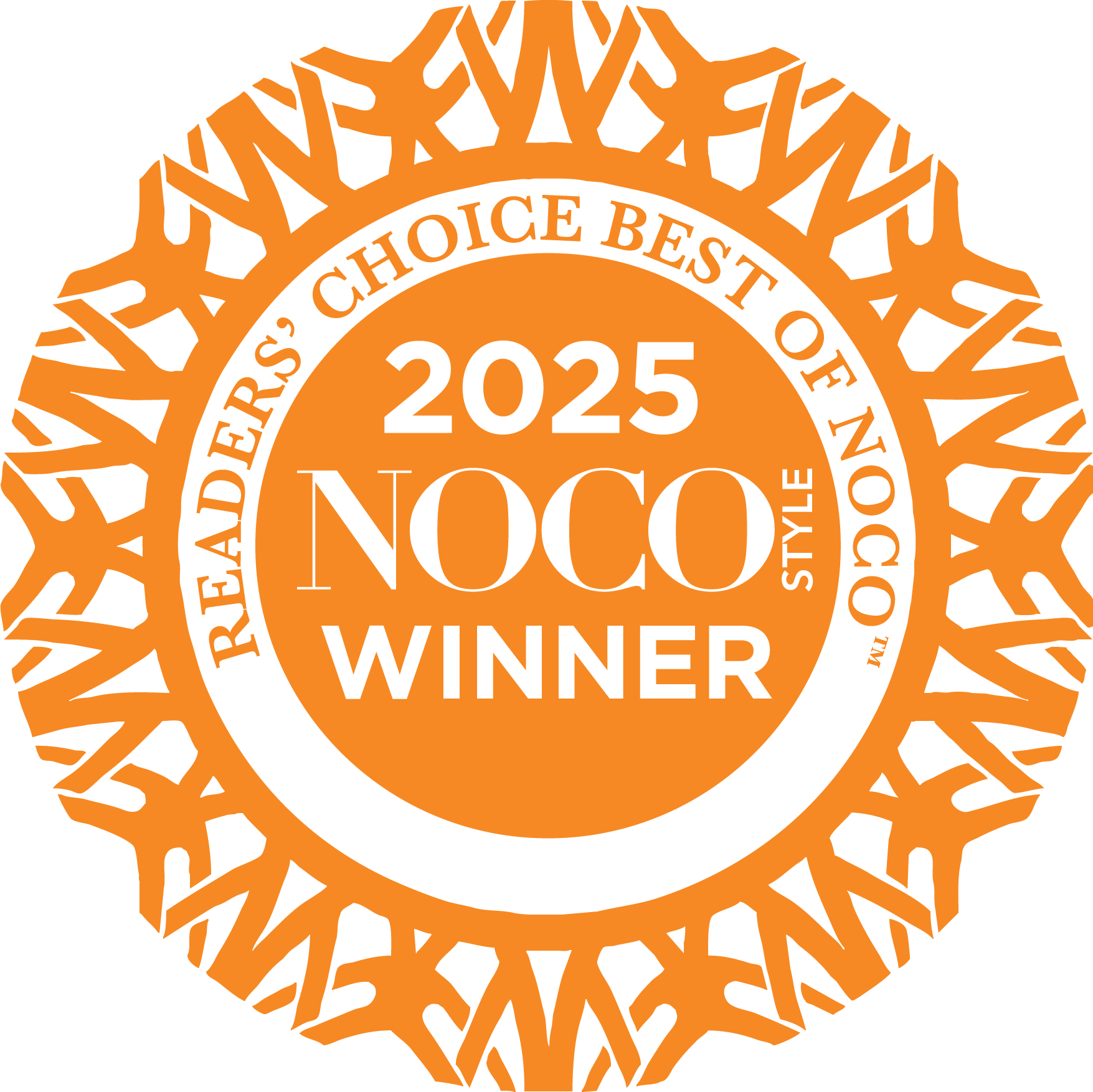Phlebotomy Training: The Coolest Part of Becoming a Medical Assistant
If the sight of blood makes you weak in the knees, Clinical Medical Assisting may not be the career for you. That’s because phlebotomy—the process of drawing blood from a patient—is a crucial part of a Medical Assistant’s career.
Are you up to the task? Phlebotomy can be a little tricky to learn at first. You will make mistakes. You might even freak out a little at first. That is, until you notice your lab partner is grinning at you, watching patiently as you ‘stick’ her arm for the first time. Your instructor looks over your shoulder, smiles and gives a thumbs up. “You’re next!” she says.
Whether the thought of drawing blood makes you excited or nervous, you’ll get plenty of phlebotomy practice during your Medical Assistant training at an accredited vocational college.
What is Phlebotomy?
Phlebotomy (also known as venipuncture) is an important medical procedure that is performed by everyone from physicians to paramedics, Medical Assistants and yes—phlebotomists.
And the venipuncture process is exactly what it sounds like: puncturing a vein with a needle. It’s one of the most routinely performed invasive procedures. Typically, we use it to collect blood for testing or donation, administer treatments, or monitor levels of blood components.
Medical Assistants are often asked to perform phlebotomy. Using the same techniques a phlebotomist would, they’re able to draw blood while keeping patients calm, comfortable and with minimal pain.
Phlebotomy Classes
As a part of their extensive career training, Medical Assistants are typically required to learn and practice phlebotomy. At IBMC College, students are trained using three common techniques: vacuum tube draw, butterfly draw, and syringe draw. Why the variety? Because it’s important to get comfortable with an array of equipment. You never know what your future employer will use.
Students practice on one another in a safe environment with the help of an experienced instructor. After a while, it can get old to ‘stick’ (the preferred terminology among Medical Assistants) your friends in class. Not everyone’s veins are the same, so it’s important to practice with a variety of body types.
Clinical Medical Assisting students at IBMC College are also given the opportunity to participate in a variety of community events, like the 9Health Fair. These are great opportunities to give back to the community while gaining confidence in your newly gained skills.
Phlebotomy Certification
By the time graduation comes around, Clinical Medical Assistants at IBMC College know their way around a needle. Between hands-on classroom labs, externships and community engagement, you get a ton of practice. That preparation makes students well-prepared to pursue a phlebotomy certification in addition to their diploma, should they chose to.
Note that Medical Assisting and phlebotomy are two separate careers, but a Medical Assistant can become a phlebotomist as long as they have completed the necessary training. Medical Assistants are not required to obtain additional training to perform venipuncture, but it does look great on a resume.
Certifications You Can Achieve as a Medical Assistant
In addition to their diploma or degree, Medical Assistants at IBMC College will also have the opportunity to test for additional certifications:
- Nationally Certified Medical Assistant (NCMA)
- Basic Life Support (BLS)
- Nationally Registered Phlebotomy Technician (after additional job experience)
Many students choose to test for these certifications because they already have the necessary knowledge and skills, thanks to a comprehensive Medical Assisting program.
Begin Your Clinical Medical Assistant Education
Phlebotomy is just one of the many clinical skills that Medical Assistants develop at IBMC College. Curious to learn what the program is all about? Contact a helpful Admissions Representative and they can walk you through the basics of financial aid, admission requirements and more—all with no pressure.
Speak with an Admissions Representative today.



